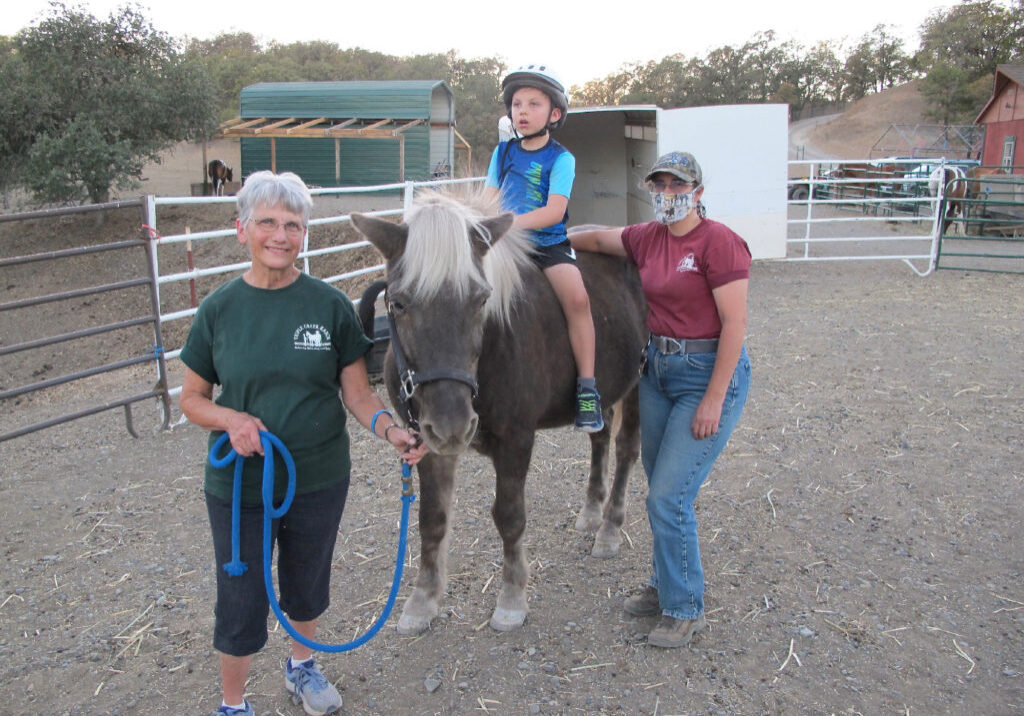Financial Planning for Children With Special Needs
One of the most challenging aspects of special needs parenting is deciding what will happen to our kids when we’re unable to care for them anymore. It’s a subject that is hard to think about and even more difficult to discuss, but planning now for the future will bring peace of mind and ensure that your child’s needs are met.
There are many options to start financially planning for a child with special needs, including setting up trust accounts, ABLE accounts, and possibly conservatorships.
Consider a conservatorship
Before setting up any type of financial account, or before a child turns 18, it’s important to consider whether or not they’ll need a conservatorship.
Conservatorship, also referred to as guardianship, is a legal process used when people can’t make sound decisions regarding their care or assets. It’s also used in cases where a person has become susceptible to fraud. Since this process removes substantial rights from a person, a conservatorship is typically only used when alternatives to guardianship are unavailable. There are substantial fees associated with filing for conservatorship, so for up to date costs and forms, you should contact your county’s superior court.
A downside to conservatorship is that assets held in such an account can disqualify a disabled individual from receiving benefits such as Supplemental Security Income (SSI) or Medicare. These programs have strict resource limits, and exceeding those limits can drastically reduce benefits or eliminate eligibility.

Conservatorships in California
In California, two types of conservatorship apply to adults with developmental disabilities; limited conservatorship of the person and limited conservatorship of the estate. Limited conservatorship of the estate applies only if a disabled person has income and assets other than public assistance payments such as SSI. As every case and circumstances are unique, the judge will only give the limited conservator power to do things the disabled person cannot do other own.
Limited conservatorship can be established at any time after the person has reached age 18, but it’s a good idea to start the process a few months before since it can be complicated and time-consuming. The Superior Court Probate Department supervises the limited conservator. Someone from the court investigator’s office reviews the case one year after the conservatorship is granted and every two years after that by contacting the conservator to update the court’s file and visit the conservatee.
Trust and ABLE accounts
Trust accounts allow individuals with special needs to access their financial assets with the help of the trustee. There are a few options for trust accounts, including a Third-Party Special Needs Trust and a Self-Settled Special Needs Trust.
The trustee does not give money directly to the disabled person but instead spends trust assets on that person’s behalf. Some of the most common expenses are for personal care, out-of-pocket medical and dental costs, recreation, education, housing, and home and vehicle modifications. You don’t need an attorney to set up a basic special needs trust unless you want to tailor it to meet specific needs. In this case, look for an attorney specializing in special needs trusts.
Achieving a Better Life Experience (ABLE) accounts are a newer method of allowing a disabled individual to save money without jeopardizing eligibility for SSI or Medicaid. Up to $100,000 in this account is exempt from the SSI asset limit. ABLE accounts can be set up by a designated beneficiary, in most cases with an initial deposit of less than $100.
Choosing a conservator or trustee
Typically, when children with special needs become adults, the initial conservator or trustee is a parent or a close relative. Still, it’s important to determine early on who would take on that responsibility when the parent or other appointee is no longer able. Choosing someone you trust will be committed to the child’s emotional and financial well-being, and who also understands finances is essential. Most importantly, it will give you peace of mind regarding your child’s future.
Resources
• More information on limited conservatorships
• How Special Needs Trusts Work
• For more information on ABLE accounts in California
• To open a California ABLE account
Posted in: Special Needs, Uniquely Us
Comment Policy: All viewpoints are welcome, but comments should remain relevant. Personal attacks, profanity, and aggressive behavior are not allowed. No spam, advertising, or promoting of products/services. Please, only use your real name and limit the amount of links submitted in your comment.
You Might Also Like...

Shriners Children’s Northern California Offers Personalized Care for Complex Medical Conditions
For many children facing challenging and complicated medical conditions, hope exists in the form of Shriners Children’s Hospitals. This world-renowned health care system, with a rich history of philanthropy, has […]

When The Nest Is Never Empty: Realities of Parenting a Child with Disabilities into Adulthood
For most parents, the idea of an “empty nest” is a bittersweet milestone. It marks the time when their children leave home and parents shift into a new phase of […]

Children and Adults Find Healing and Connection at Roughout Ranch
“Everyone wants to be heard and to belong,” says Kathy Rutan-Sprague, Program Director at Roughout Ranch, nestled on 15 acres in the foothills just outside Redding. Here, children aged 2 […]

Special Education Teachers Have Challenging, Rewarding Careers
Teaching students with special needs is a challenging, rewarding career. Special education programs are designed for students with intellectual, developmental, physical, or emotional delays which can place them behind their […]




